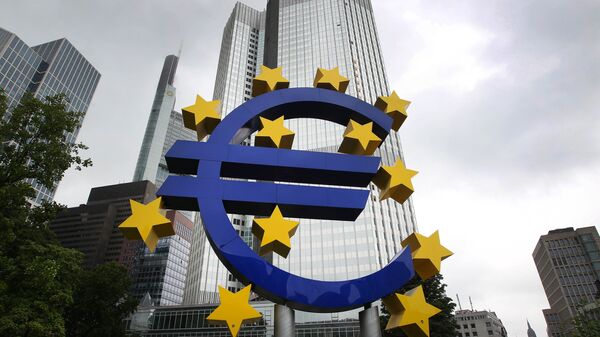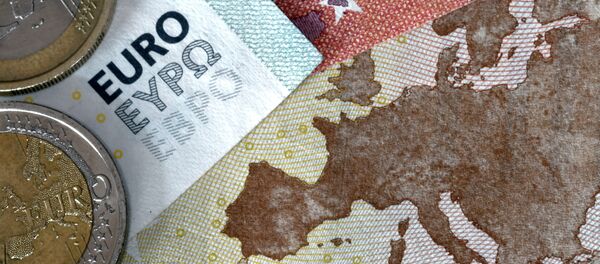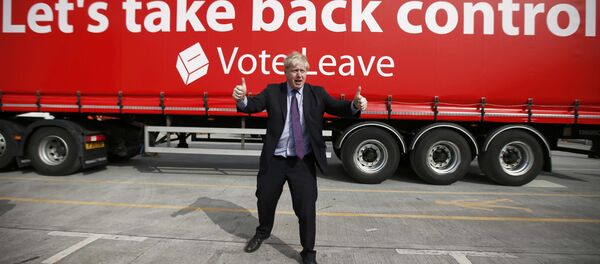Annualized inflation in the Eurozone was firmly negative in March, despite having accelerated somewhat, to —0.1% from —0.2% in February, according to Eurostat. Low oil prices are still the main factor behind the underperforming price index, even though the rising cost of food and services slightly helped improve the broader picture.
Subsequently, the common currency area's growth outlook is troubled and even the negligible pickup in the core prices index is hardly positive news for the ECB, which is facing persistent calls to step up its stimulus efforts. New euro devaluations might be in order, along with expansion in scope of bond purchases. However, as select interest rates have been lingering in negative territory for a long time as well (since June 2014), the efficiency of monetary stimulus is eroding, while any sensible fiscal stimulus in impossible in the Eurozone due to insufficient integration within the bloc.
Insights into euro area statistics: interest rates on bank loans, with short explanations https://t.co/XX8N9JBngS pic.twitter.com/3NUaHueSrv
— ECB (@ecb) 24 March 2016
Energy prices weighed on the Eurozone's inflation, having fallen 8.7% in the past twelve months, while services costs added only 1.3%. Core inflation, which doesn't include food, alcohol, tobacco or energy, gained 1.0% through the past year compared to 0.8% the previous month, and is still below the ECB's 2% target.
"This recovery of the core inflation rate is a relief to policy makers, who fear that low energy prices are causing a negative spiral of prices and wages," Bert Colijn of Amsterdam-based ING Group said. "This release shows that the trend in core inflation remains stagnant, so at least it is not moving towards deflation."
The ECB lowered its base interest rates deeper into negative territory in March to little effect, exposing the low efficacy of its policies, particularly so as the new stimulus package was extraordinarily large, even offering loans free of charge to commercial banks along with the traditional expansion in bond buyouts and rate cuts.
"Inflation is likely to remain close to zero in the next few months before edging higher in the second half of the year as negative energy effects finally fade," Jonathan Loynes of London-based Capital Economics said. "But it looks set to remain well below the ECB's target of close to 2%, maintaining pressure on the central bank for yet more policy support."
Even though pressure is mounting on the ECB to enact even more decisive policy measures, the common currency disregarded the news, appreciating against the dollar to $1.1369.
This year, the ECB expects overall inflation to falter at 0.1%, gaining little to no momentum on the improvements in the core price index, as the negative effects of cheap oil persist.
On the other hand, as the EU labor market is improving, low prices might provide a major boost to individual and household consumption, ultimately driving overall economic growth. However, consumers might as well abstain from purchases and save their money. In Germany, the unemployment rate dropped to 6.2% in March, while retail sales bounced 5.4% year-on-year in February. However, whether the strength of the German powerhouse is sufficient to drive broader European expansion is still debatable.





